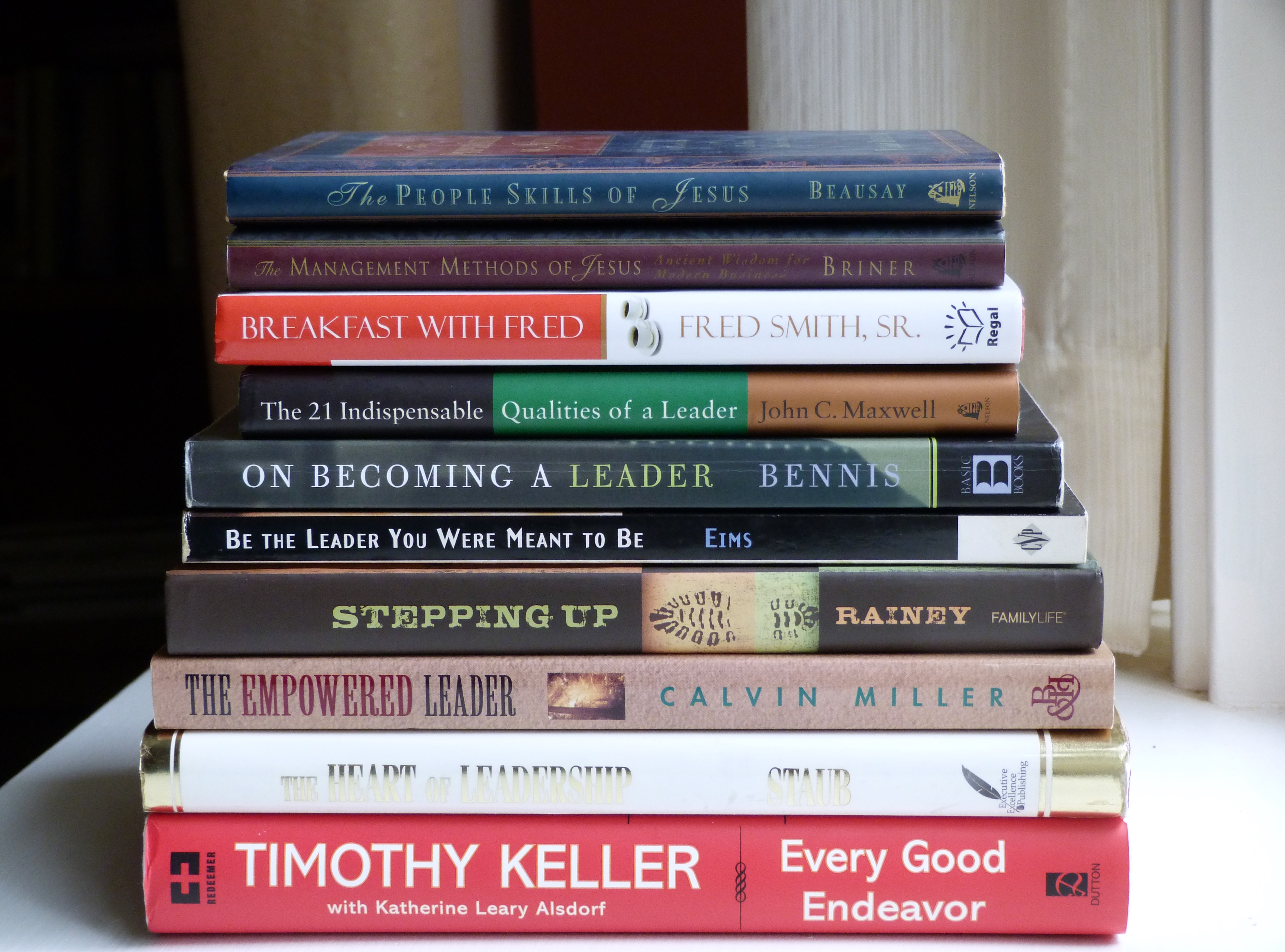What a week! A gun rights rally on Martin Luther King Jr. Day. The Roe v. Wade anniversary commemorated by a March for Life and name change (Sanctity of Human Life Day). An impeachment trial. All of this matters. All of it. We have to stop the hatred, the contempt, the division and start listening to each other…and apply ourselves to real and lasting solutions to our nation’s struggles.
1) Storytelling – We all love a good story, right? In our throw-away culture, stories take up very little room and hold incredible information and insight for us to consider.
Thanks to the Richmond Forum, we were able to hear great stories through three story-telling platforms and their pioneering founders. Dave Isay of StoryCorps. Catherine Burns of The Moth. Brandon Stanton of Humans of New York. Just amazing to hear the stories…
 Photo Credit: Richmond Forum
Photo Credit: Richmond Forum
Here are some samples of the stories found on each platform:
StoryCorps – Danny & Annie
The Moth – Anthony Griffith – The best of times; the worst of times. [Be prepared – this story will break your heart.]
Humans of New York – Brandon Stanton’s platform is pictures/videos and interviews of random people on the streets of New York (and now other places in the world). Below is one:
2) Just Mercy – On Martin Luther King Jr. Day, Dave and I went to see the film Just Mercy, from the book of the same title.

 Photo Credit: IMDB; Barnes & Noble
Photo Credit: IMDB; Barnes & Noble
The author of the book, attorney Bryan Stevenson, is the founder of Equal Justice Initiative. He has worked for over 30 years on behalf of wrongfully accused, minors with harsh sentences, and those incarcerated with disabilities/mental illness.
Don’t miss this film, this book, or this man. I feel so fortunate that we will be hearing him speak at The Richmond Forum next month.
TED Talk – “We Need to Talk About Injustice” – Bryan Stevenson
3) Productivity Hacks – Redeeming the precious commodity of time and adding value are two things we all want to do at work and in life. There’s tons written on productivity including in my own blog.
 Photo Credit: Andrea Lane, Redbooth
Photo Credit: Andrea Lane, Redbooth
This week, Rockwood’s piece sparked my interest as did Andrea Lane’s on the same topic. See links below.
What’s Your Productivity Style? How 4 Personalities Can Get More Done – Kate Rockwood
How to Discover Your Personal Productivity Style – Andrea Lane
They talked about 4 personality styles bring different strengths to the work table, and how to optimize the strengths of these folks.
- The “Prioritizer” – analytical and competitive
- The “Planner” – detail-oriented and deadline-motivated
- The “Arranger” – facilitating and communicative
- The “Visualizer” – risk-taking and big-picture thinking
These cryptic descriptions may be all you need to find yourself identified, but read these authors’ hacks on how to best work your magic and help others on your team to do/be their best as well.
I am kind of a blend of an arranger and visualizer. Thankful for you prioritizers and planners in my work life that help us keep on task in bringing ideas and plans to execution.
Postscript: Business consultant Cameron Herold has written a book on how incompetent we are at running meetings – Meetings Suck: Turning One of the Most Loathed Elements of Business Into One of the Most Valuable. He coaches on how to successfully manage meetings. He also advises on how to maximize the effort and experience of each of the personalities in attendance – those different productivity types. [Note: read this piece on how he defines the personalities – somewhat differently from the authors above.]
Understanding Personality Types for Productivity – Slideshare – Tom Fox
4) Birthdays – It was my birthday week along with a lot of yours. There’s more and more of a push to make birthdays count for something. In my community, children have fewer parties with scores of friends and presents. The trend is toward experiences over presents which is also cool. For adults, often we are given the opportunity to donate to a cause dear to our birthday friends’ hearts. For me, the best celebration is just being with those I love – family and friends – and to stretch the birthday train as far as I can get away with. This year it was a birthday week… Next year with the turn of a big decade, I might take it to a month. Be prepared. [Thanks for the flowers and sweet cards from those too far to get together. You know how much I love words.] How are you with birthdays these days? Yay or not so much? Well, happy birthday, to you, too…out there, whenever it is.



5) The Impact of Our Lifestyles on our Brains – OK, so you just saw some of the birthday sweets we enjoyed… A sugar detox is always a good idea – for a month, a season, or a lifetime.
Below you will find two articles that were super compelling to me this week. One on the ill effect of unrestrained sugar intake – especially on our brain and mental health.
https://nomadrs.com/neuroscientist-explains-impact-too-much-sugar-brain/?utm_content=buffer13f6f&utm_medium=social&utm_source=twitter.com&utm_campaign=buffer
The second article describes 7 habits or lifestyles most damaging to the brain. Definitely something to consider before the longterm impact takes hold.
7 Habits/Lifestyles Most Damaging to the Brain
- Inflammation – multiple factors cause inflammation – here’s a source for intervention – especially with diet.
- Overfeeding
- Nutrient deficiency
- Toxic exposure – a list of brain toxins
- Chronic stress
- Physical stagnation – Exercise may be the single most important intervention on our brain and mental health.
- Sleep loss
7 Modern Lifestyle Habits Doing the Most Damage to Your Brain
Thanks for reading. This, my Friday Faves, on a Monday. Some weeks are challenging to post on time. Have a great week!
Bonuses:
The Pain of Suicide – Clay Smith
https://rabbitroom.com/2020/01/a-2020-guide-to-rabbit-room-content/?fbclid=IwAR1E9MAlk0M0fh_TC5I-Fn_CBfiLLe2q81h5FaDAt95X60pcGOywBSMKiu8
https://twitter.com/i/status/1220345439301656576











